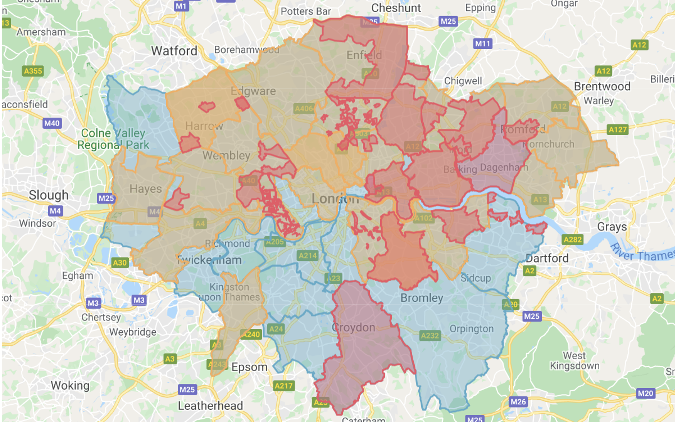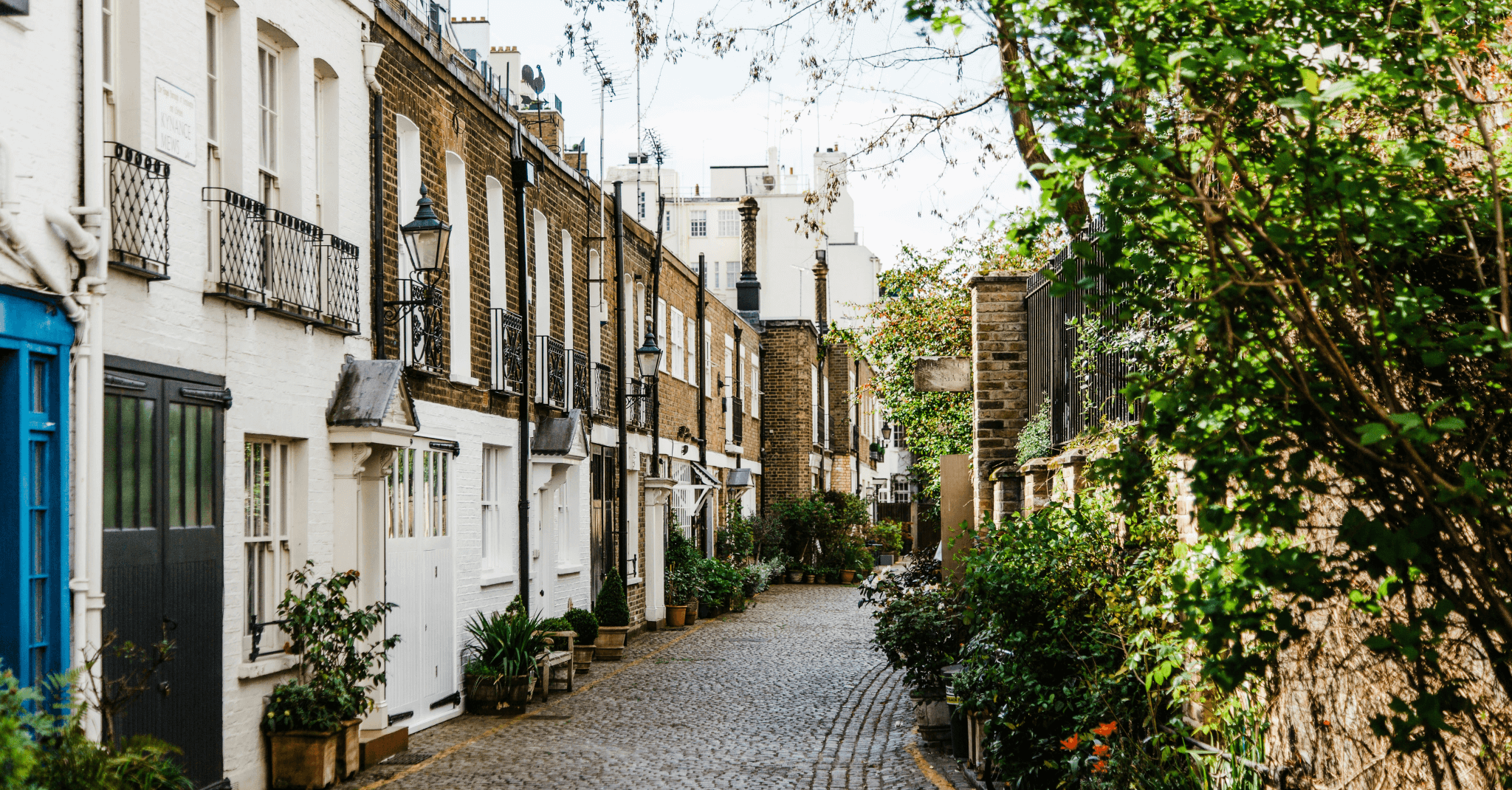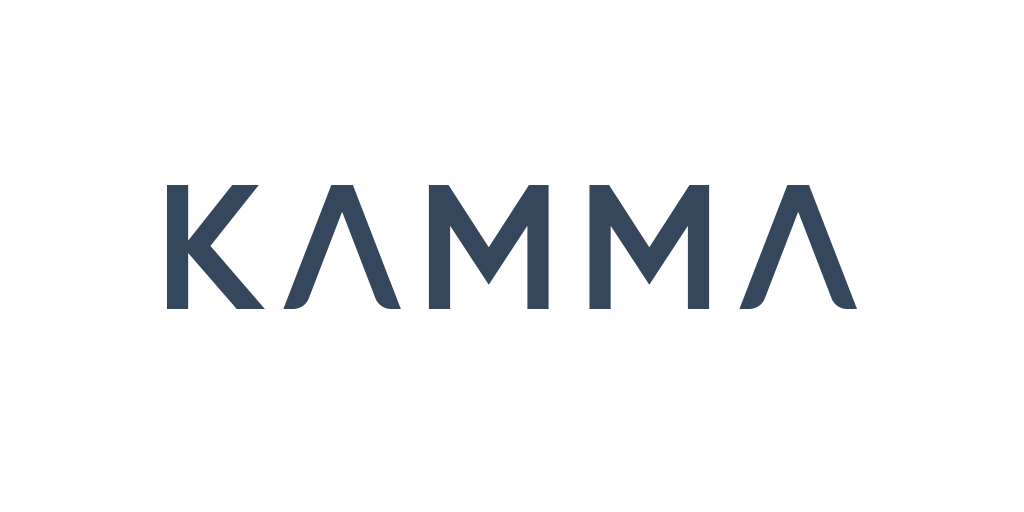- What we do What we do
- How we can help How we can help
- Insights Insights
- About About
- Support Support
- Book a Demo

A Guide to Selective Licensing for Letting Agents
Selective licensing is a form of discretionary property licensing for privately rented properties. It was first introduced as part of the 2004 Housing Act to improve the safety, management and quality of the Private Rented Sector (PRS). Unlike mandatory and additional licensing, it is not restricted to properties classified as a house in multiple occupation (HMO).
A growing number of local authorities (i.e., councils) are choosing to designate selective schemes in their areas. As of August 2022, Kamma’s data was tracking nearly 90 active schemes in England and Wales. The following will summarise the key points for letting agents.
What will we cover?
- Which properties need a selective licence?
- Where do selective licences apply?
- What are the licensing conditions for a selective scheme?
- How do you obtain a selective licence?
- Who can apply?
- How much does it cost?
- How long does it last?
- What happens if I do not have a selective licence?
- Are there exemptions?
Which properties need a selective licence?
All privately rented properties within a selective licensing area have to be licensed, regardless of whether or not the property is an HMO. Selective licensing schemes are determined at the discretion of the local authority, hence the term ‘discretionary scheme’.
The aim of selective licensing is to raise living standards by improving the management of privately rented properties. There are four main reasons for the designation of a selective scheme, including poor housing conditions, anti-social behaviour (ASB), high levels of deprivation, and high migration rates.
Where do selective licences apply?
A local authority may designate a selective scheme to a particular region, ward or street within its jurisdiction. New rules stipulate that only 20 percent of a local authority’s area can be placed under a selective licensing scheme without approval from the central government.
At least 10 weeks prior to a new designation, the local authority must consult with everyone affected. It is often encouraged that letting agents and landlords also get involved in the consultation of a new selective scheme.

What are the licensing conditions for a selective scheme?
It is common for many of the conditions of an HMO licence to be adopted in a selective scheme, but there are variations between local authorities. These normally aim to tackle specific local issues. For example, the councils of Southwark and Doncaster both designated a selective scheme in March 2022 to tackle high levels of ASB. The schemes adopted many similar conditions, however the latter imposed an additional condition forcing all affected properties to be routinely inspected every six months.
How do you obtain a selective licence?
Properties that fall under a selective scheme will need to be licensed by the local authority using the forms they provide. It should be noted that selective licensing is a constantly changing landscape where licensing schemes are introduced and updated regularly. This is part of what makes licensing so difficult to keep a track of manually for letting agents, especially those with large portfolios.
Kamma monitors the UK’s property licensing landscape to help agents identify what licence is required for a property. We also offer help with the licensing application process. Speak to Kamma to find out more.
Who can apply?
The landlord is responsible for applying for the licence and paying the associated fee, however letting agents are legally obligated to ensure that all properties in their portfolio are correctly licensed. Therefore, letting agents and landlords should work together to guarantee that a property under their management is compliant with local licensing regulations. For more information, check out our in-depth guide on the roles and responsibilities associated with property licensing.
How much does it cost?
Selective licences are less expensive than mandatory and additional licences. The cost of a selective licence varies between local authorities, but they tend to range from £350 to £700.
How long does it last?
Selective licences last for up to 5 years, however some licences may last for less than the maximum period if, for example, the application details are later found to be incomplete or the management of the property is called into question. When the licence is coming to an end, the landlord and agent should check whether the selective scheme has been renewed or replaced by another scheme in the area. If so, they must submit a renewal application before the licence expiry date.
What happens if I do not have a selective licence?
Letting agents and landlords are permitted up to 28 days to secure a selective licence. Failing to do so risks being issued with a penalty, normally in the form of a fine, although more severe sanctions do occur. The average fine for a letting agent is £5,545, whereas the largest fine levied against an agent is £167,000. Licence dodgers are being fined increasingly greater amounts. As of August 2022, £8,010,344 in fines have been levied against rogue agents and landlords for unlicensed properties in London alone.
Another important consideration for property managers is the growing number of Rent Repayment Orders (RRO) that require landlords to repay up to 12 months rent to the local authority or tenant. Recent national press coverage has sharply raised awareness of RROs. Local authorities are also continuously building their enforcement efforts against rogue agents and landlords. Our Rogue Landlord Roundup has all the latest information on how to avoid fines.
Failure to comply with licensing regulations puts agents at risk of being stuck with a banning order that prevents the property from being let. Serious and repeat offences may result in prosecution, which may be a sentence of up to five years or an uncapped fine. The landlord may also be listed on the Rogue Landlord database. An unlicensed property also means that the property manager cannot serve the occupier with a Section 21 (s21) notice, potentially preventing them from regaining possession of the property at the end of a tenancy agreement.
Are there exemptions?
Some properties are exempt from selective licensing, including business premises, student dormitories, holiday lets, properties where the tenant is a family member, and buildings managed by the local housing authority or other public services, such as the police, fire and rescue services or health service. Properties subject to a housing prohibition order, covered by a temporary exemption notice, or occupied under an exempt tenancy or licence are also exempt from selective licensing requirements.
Selective licensing is a challenge for any letting agent or landlord, but Kamma will protect you against fines by providing the most up to date information on new schemes and regulatory changes. Subscribe to our monthly property licensing update and receive access to enforcement data, the latest scheme announcements, and a summary of recent news. If you’re a letting agent looking to get ahead, book a demo now to understand how our solutions can work for you.

How EPC data impacts property valuation for mortgage lenders
Reliable and up-to-date energy efficiency data is a must to ensure an accurate property valuation for UK mortgage lenders – here’s why.
Read more
New insights: how does EPC data impact affordability assessments?
Accurate energy performance data is a must to ensure mortgage lenders can accurately assess affordability and reduce risk – here’s why.
Read more
Kamma’s Response to CVE-2024-0394 (XZ Utils Backdoor)
Last week security researchers publicised a malicious back door in the XZ Utils library, a widely used suite of software that gives developers lossless compression and is commonly used for compressing software releases and Linux kernel images. The backdoor could, under certain circumstances be used to run unauthorised code via the encrypted SSH connection protocol. […]
Read more
Subscribe to the Kamma Newsletters
Regular news, information and insights from Kamma. No spam. Unsubscribe at any time.
Subscribing ...
Sorry, we really want to but we couldn't subscribe you due to missing or incorrect information; please update the information that's highlighted in red and try again.
Well this is awkward. Something went wrong on the internet between your browser and our newletter subscription service. Please let us know and we'll do our best to fix it for you.
Thanks for subscribing! Check your Inbox in a short while for a confirmation email to check it was really you that just subscribed. If you've already subscribed, we'll keep your subscription but you won't receive a confirmation email this time.
